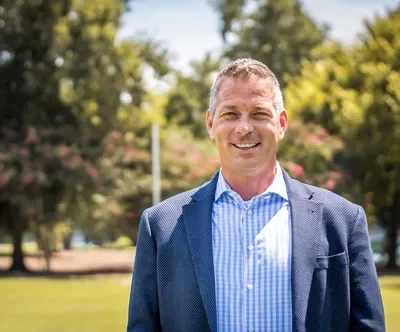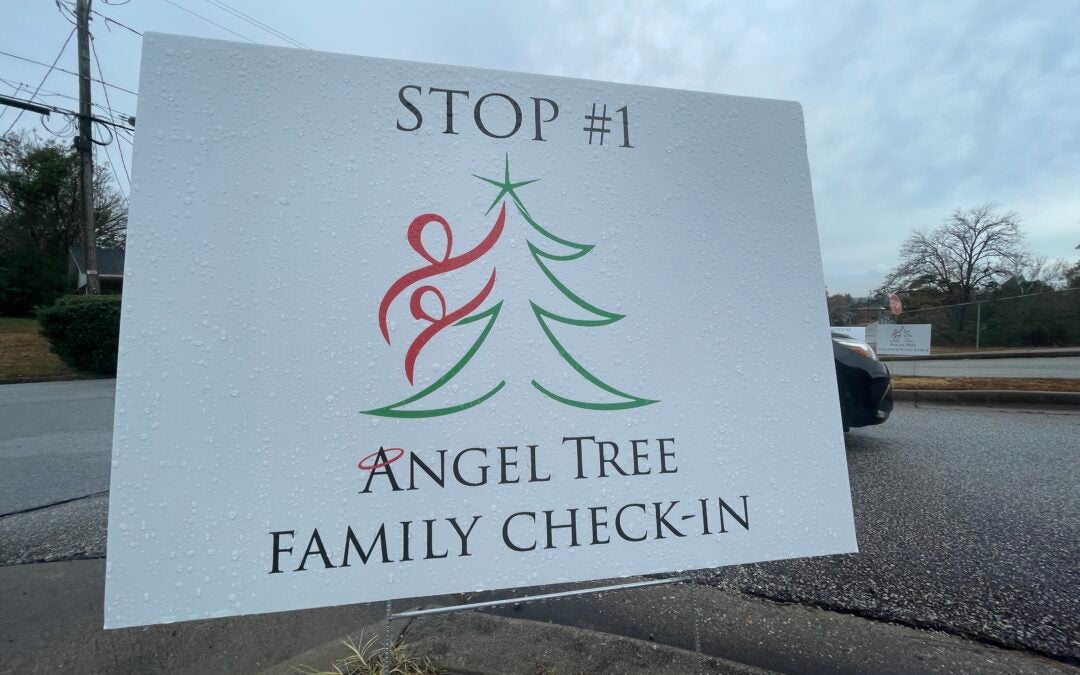by Ty Tagami | Capitol Beat News Service
ATLANTA — Nearly half a decade after it started, the election fraud case against Donald Trump and his fellow indicted allies has ended, with a Fulton County judge on Wednesday granting a special prosecutor’s request for dismissal of the conspiracy case against the president and his 14 remaining co-defendants.
Peter Skandalakis, executive director of the Prosecuting Attorneys’ Council of Georgia, wound up in charge of the case after the Georgia courts removed Fulton County District Attorney Fani Willis over ethical concerns.
Skandalakis, who formally took over as the prosecutor less than two weeks ago, concluded that many of the charges would not stand up under free speech grounds. But he also offered pragmatic reasons, such as the fact that Trump would not be exposed to criminal prosecution again until after leaving office in 2029.
Realistically speaking, a trial could not begin for a decade until after the 2021 events that led to the indictments against Trump and 18 alleged co-conspirators, and it would likely take many years to conduct, Skandalakis observed.
“Continuing this litigation under these circumstances would neither serve the citizens of Georgia nor fulfill our statutory obligations,” Skandalakis wrote in his motion to dismiss the case Wednesday morning. “Our agency is simply not equipped to carry out this case while meeting the essential duties required under the current budget—or under any realistically conceivable budget the State could provide.”
He added that he did not think Georgia citizens would be served by pursuing the prosecution for another five to 10 years.
Fulton County superior Court Judge Scott McAfee immediately issued an order granting the motion to dismiss, ending a case that started in February 2021 when Willis announced her investigation.
Her case was grounded in two main events: Trump’s phone call to Secretary of State Brad Raffensperger asking him to find enough votes so he could be declared the winner in Georgia, and the convening of Trump allies who positioned themselves as alternative electors to those who cast their votes for Joe Biden.
Skandalakis detailed his reasoning in each of the charges. In some cases, free speech was a core issue. For instance, he wrote that Rudy Giuliani had told lawmakers “wrong and baseless” things about the election during unsworn testimony, but he did not think the cirumstances merited prosecution.
“Criminalizing such unsworn testimony would have a chilling effect on witnesses appearing before the Legislature on important issues,” Skandalakis reasoned.
In the case of David Shafer, accused of false statements to a prosecutor working for Willis, Skandalakis determined that Shafer had not said anything false or misleading.
In the events surrounding the breach of election equipment in Coffee County, Skandalakis noted that two participants had already pleaded guilty to misdemeanor counts. One of them, Sidney Powell, an attorney, had advised others under indictment that it was legal to access the election machines to gather evidence for a lawsuit. Another who pleaded guilty, Scott Hall, had arrived by chartered plan to supervise the work, conveying “the appearance of acting under the color of law,” Skandalakis wrote.
He decided it would be an “inefficient” use of state resources to prosecute the others after those two had already resolved their cases “favorably” through negotiations with Willis.
Then, there was incident at the center of everything that unfolded in Georgia: Trump’s call to Raffensperger.
Mark Meadows, Trump’s chief of staff at the end of his first term, was also among those charged due to his involvement in arranging that call and in observing election verification processes.
“The White House Chief of Staff’s job duties are varied and fluid. We could have a debate if arranging phone calls, observing the signature-verification audit, or messaging an investigator to expedite the vote audit process falls within Mark Meadows’s duties,” Skandalakis wrote.
“While the call is concerning, reasonable minds could differ as to how to interpret the call,” he concluded. Trump could have been trying to get Raffensperger to commit fraud or he could have believed he was a victim and was just asking Raffensperger to investigate.
“When multiple interpretations are equally plausible, the accused is entitled to the benefit of the doubt and should not be presumed to have acted criminally,” Skandalakis wrote.
He wrote that he was persuaded by events outside Georgia, writing that the alleged criminal conduct in Georgia “was conceived in Washington, D.C.” and that Special Counsel Jack Smith had been in the best position to prosecute Trump.
Smith, a federal prosecutor, had pursued criminal charges against Trump related to his efforts to overturn the 2020 election. The U.S. Supreme Court’s ruling on presidential immunity led Smith to move for dismissal.
If Smith, with all the resources of the federal government behind him, “concluded that prosecution would be fruitless, then I too find that, despite the available evidence, pursuing the prosecution of all those involved in State of Georgia v. Donald Trump, et al. on essentially federal grounds would be equally unproductive,” Skandalakis concluded.











